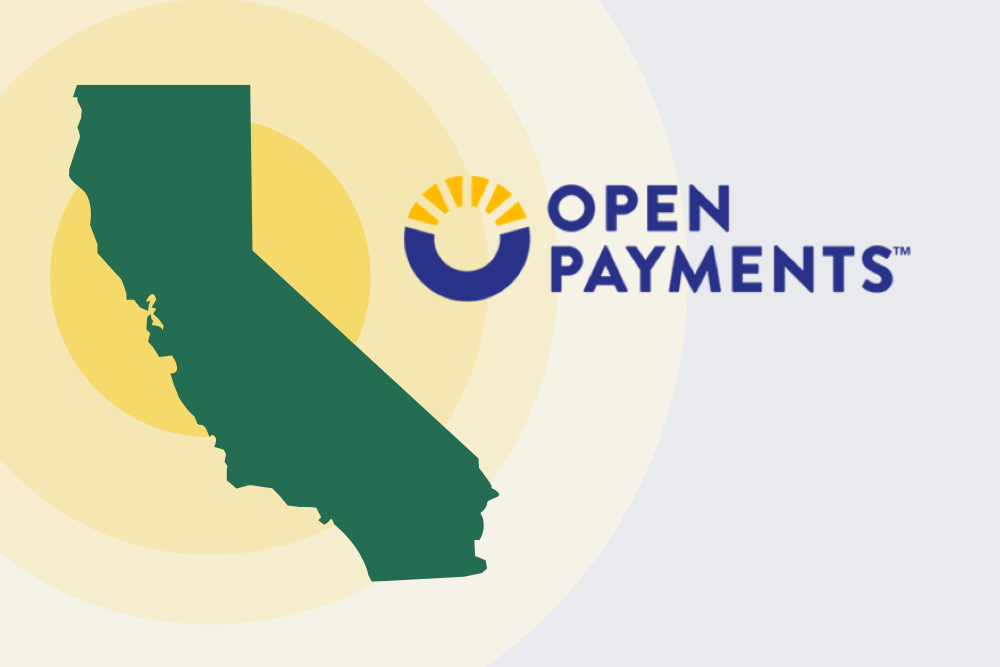
Open Payments Law in California : What Does Your Practice Need?
As of January 1, 2024, California has taken a significant step towards enhancing transparency in the healthcare sector with the
Stay up to date on important industry topics with our latest news, blogs, and more.

As of January 1, 2024, California has taken a significant step towards enhancing transparency in the healthcare sector with the

For rural hospitals and healthcare providers, understanding patients – who they are and how they interact with you, each other

In today’s digital age, online privacy is a hot button issue. Healthcare providers and medical institutions must take extra precautions

You may have heard about the increased need to update your website to be accessible to all people, including those

Whether your website has been neglected or if it’s a top priority that you put time, budget, and effort towards,

The No Surprises Act (NSA) went into effect on January 1, 2022. This law is designed to protect patients from
Writing accessible content for your healthcare website not only helps your patients who may have a disability but all your
On April 19, 2021, Google announced an algorithm update that will prioritize sites that pass certain user experience (UX) metrics.
As a practice, you are always looking for ways to reduce costs and better serve your patients. Did you know
Sit back for a second and think about how much has changed in the last 20 years when it comes